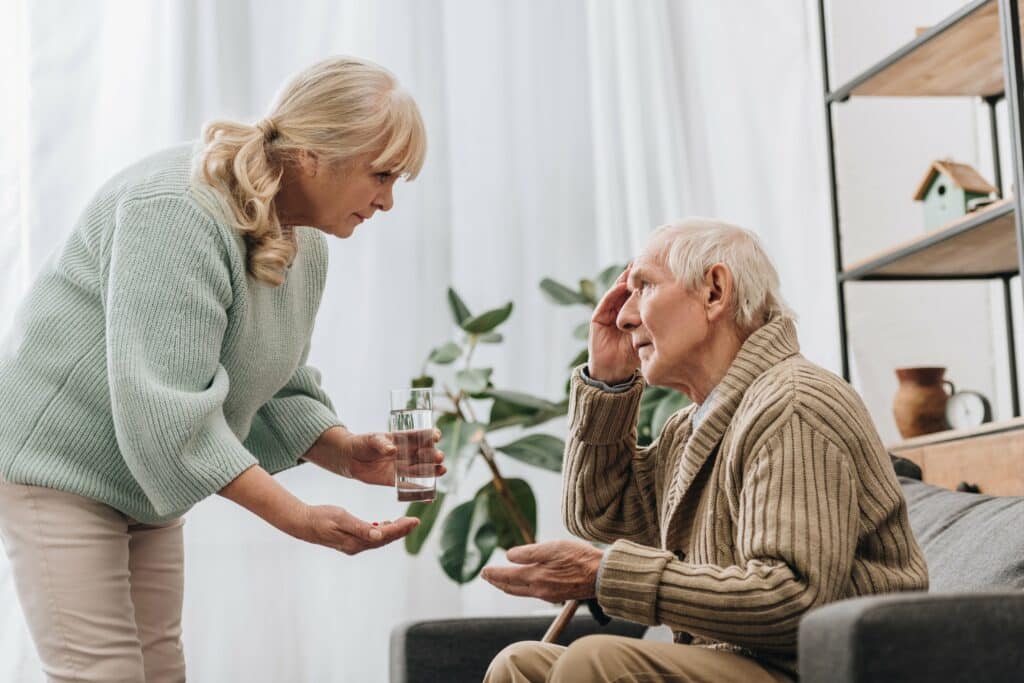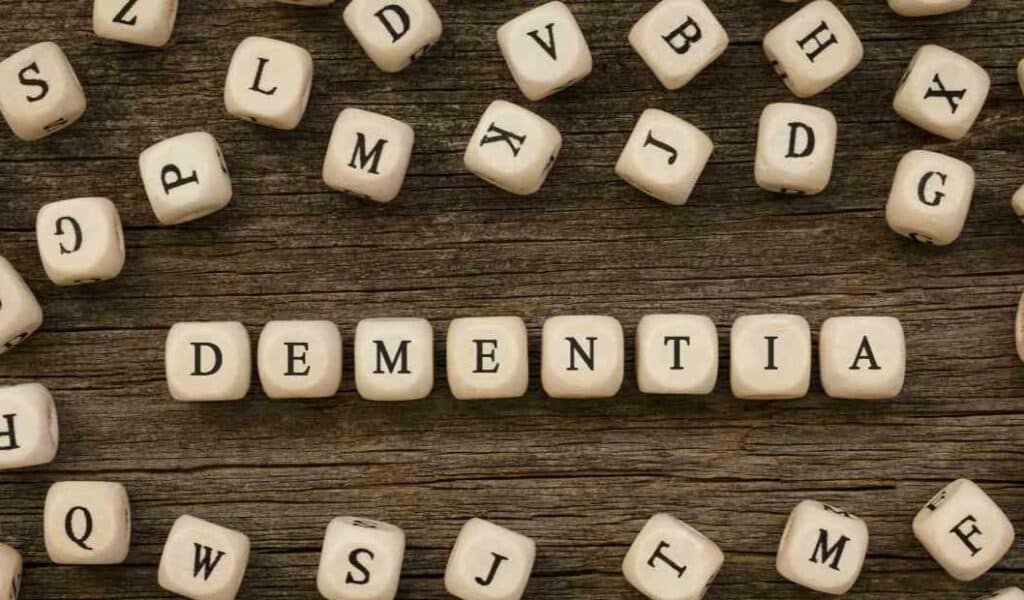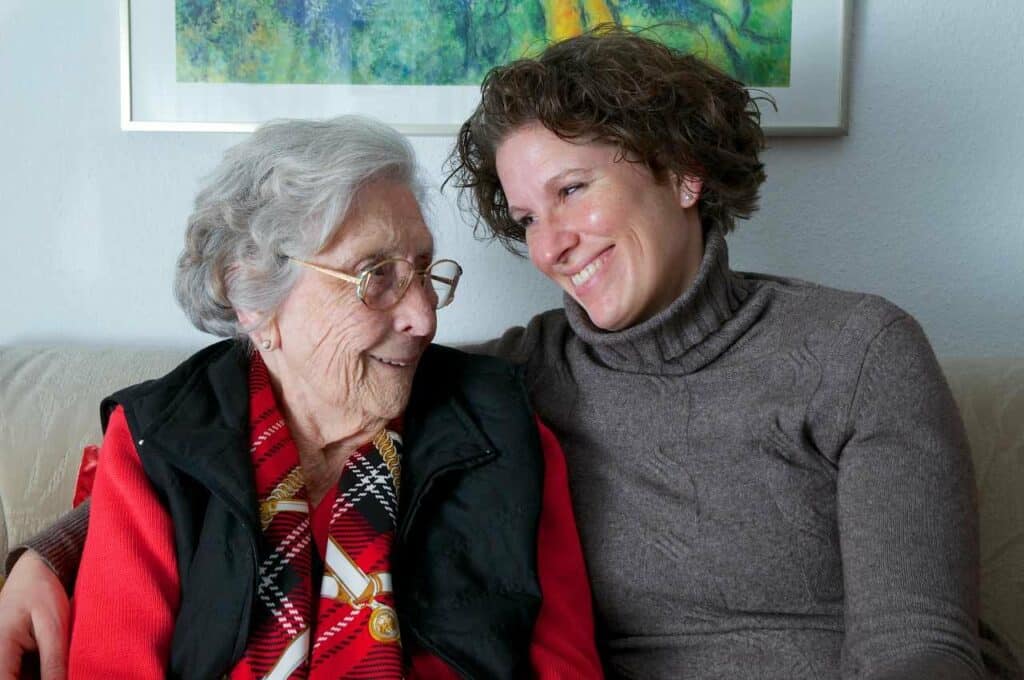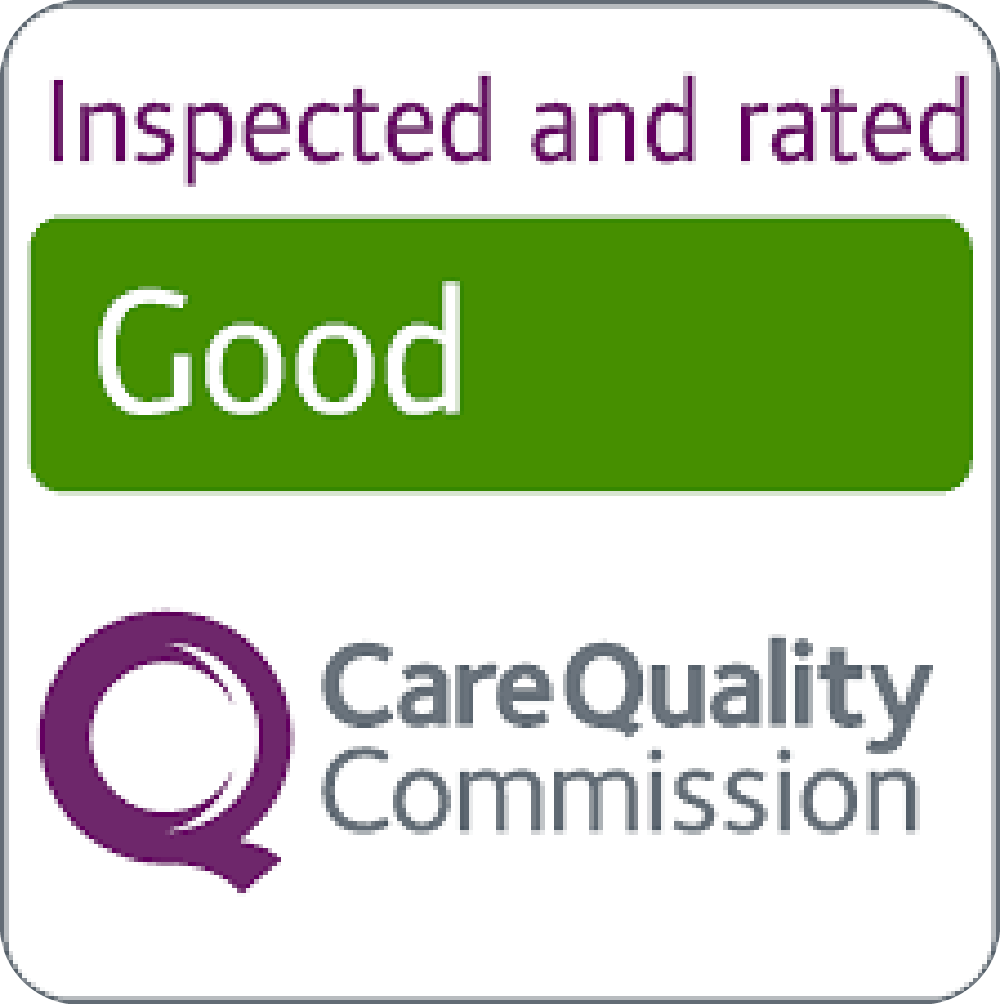7 things not to say to someone with dementia (and what to say instead!)

Communicating with someone with dementia can be challenging. If you have a loved one with a dementia diagnosis, you may feel guilty for not being able to fully understand them. Progressive neurodegenerative disorders such as Alzheimer’s and dementia can cause the affected individual to struggle to communicate appropriately and they may get frustrated as they can struggle to get their point across.
Learn more here from our blog about “7 Things not to say to someone with dementia”.
Early symptoms of dementia – Your guide

Dementia affects each patient differently, their experiences depend on the symptoms they have. Learn more here about the early warning signs of the various types of dementia.
What is frontotemporal dementia?

What Is Frontotemporal Dementia? We discuss the types, causes & symptoms. Getting a diagnosis & help living with this type of dementia with dementia care.
What is dementia?

There’s many different forms of dementia, including Alzheimer’s, Mixed dementia, Vascular dementia & others. A person’s symptoms can vary read on to learn more here.
Winners of Top 20 Small Home Care Group award 2022

We’re delighted to have been awarded the prestigious homecare.co.uk Top 20 Small Home Care Group Award 2022.
How to talk to someone with dementia?

Dementia affects each patient differently, so it’s important to communicate with them in the right way for them. It’s key to listen carefully to your loved one and take time to process what they have said before you respond to them. You can also have meaningful nonverbal communication with someone diagnosed with dementia.
Here you can learn a few tips on how to better communicate with your loved one suffering from vascular dementia, mixed dementia, lewy body dementia, frontotemporal dementia or Alzheimer’s disease.
Why is early diagnosis of dementia important?

The early diagnosis of dementia is key to delay the rapid progression of the disease. It is a life-changing condition that can cause distress and sadness to those diagnosed with it. However, for many people, the diagnosis comes as a relief for them and their families because now they can finally start treatment and reach out for care and support to improve their quality of life.
Read our guide for more information on why early diagnosis of dementia is important.
Read our blog on how you can help your loved one with fall prevention.
Top tips for preventing falls

Fall-related injuries can be a threat to the health of your aged loved ones and it can hamper their independence and knock their confidence. However, falls should not become a common occurrence with age. Your loved one can reduce the chance of falling following the below proven ways to reduce the likelihood of falls.
Read our blog on how you can help your loved one with fall prevention.
Your guide to sensory impairment care

When your loved one’s sense of sight, hearing, smell, touch, taste, or spatial awareness stops working as it should, it’s known as sensory impairment. Sensory impairments are common in a number of people that already have partially sight and hearing loss.
The sensory loss (such as hearing or sight) can lead to your loved one finding it tricky to communicate with others. It can also cause them distress and frustration in their daily life. In this blog we discuss the functionality of care at home and how it helps sensory impairement.
7 stages of Lewy body dementia

The term dementia is an umbrella word for various progressive neurological disorders. These disorders affect the brain function of the individual. There are over 200 subtypes but the most common causes of dementia are vascular dementia, Alzheimer’s disease, dementia with Lewy bodies, frontotemporal dementia, and mixed dementia.
This affects millions of people around the globe, with most patients being the elderly. The different types of dementia have varying symptoms and severity.
In this article we shine the spotlight on Lewy Body Dementia to really understand what it is, the stages involved and what support is available.









